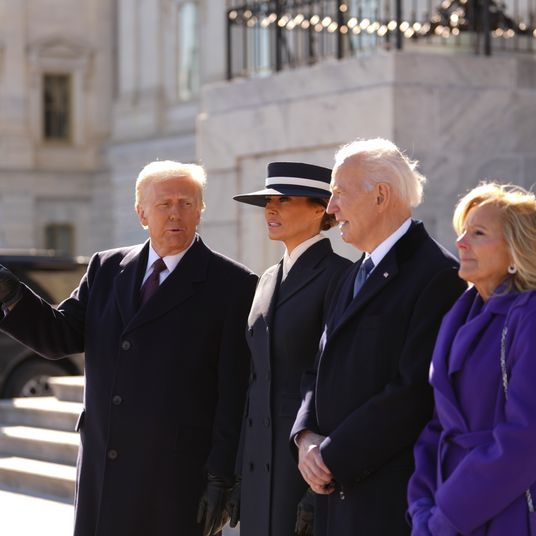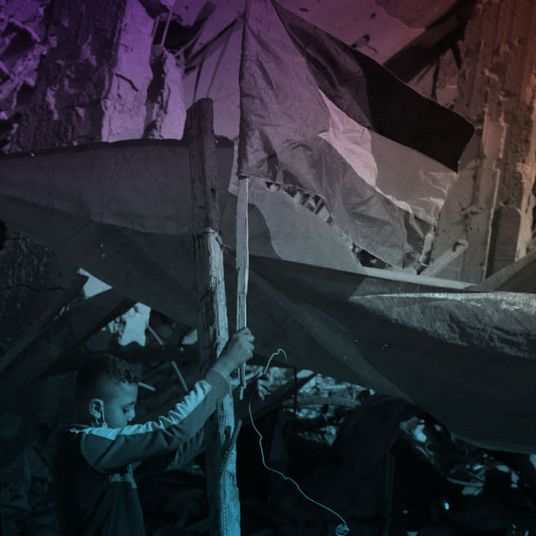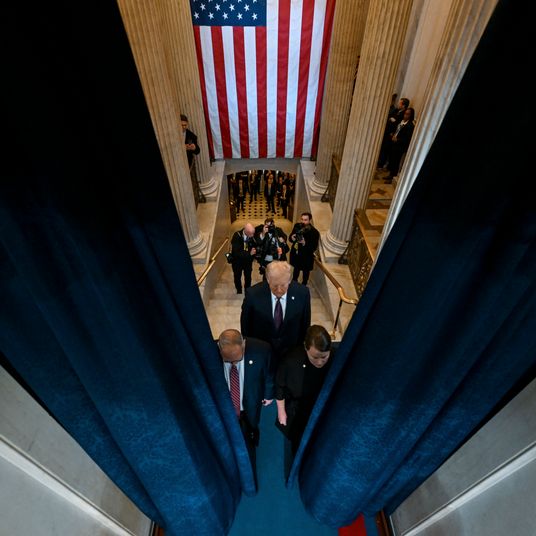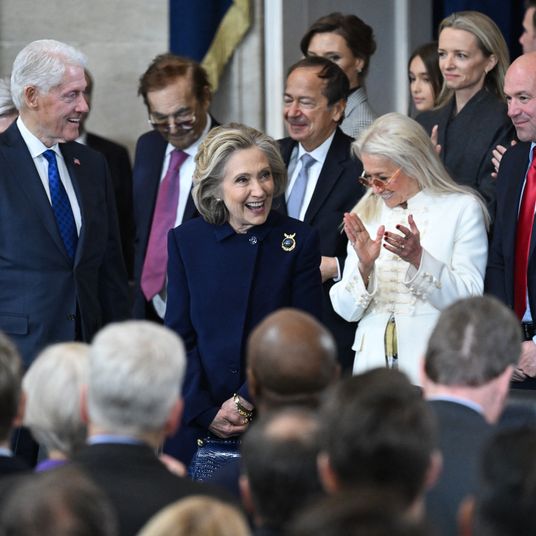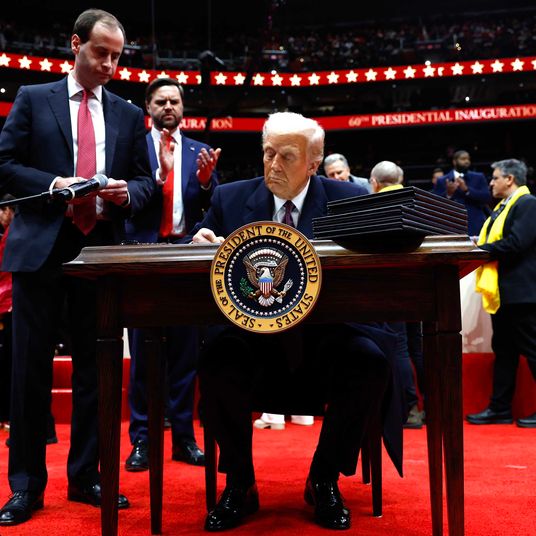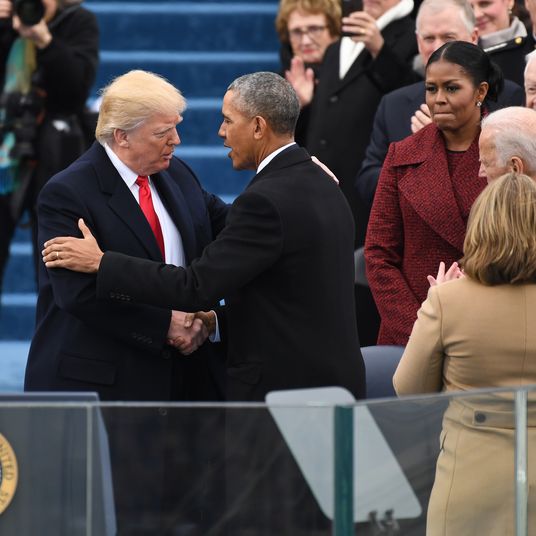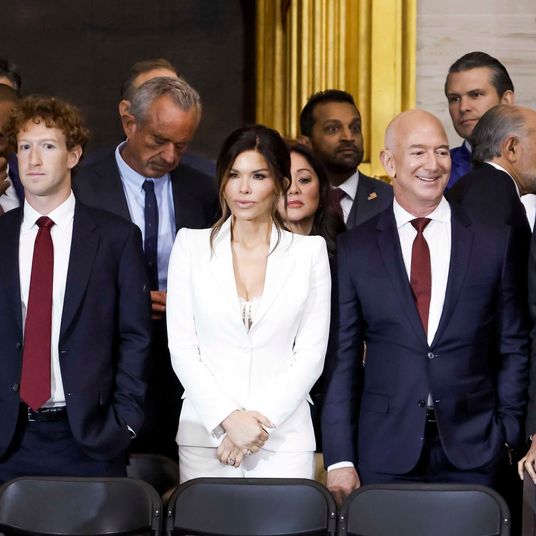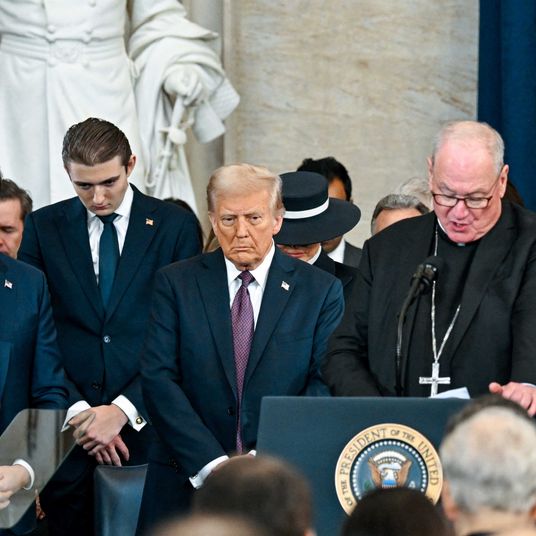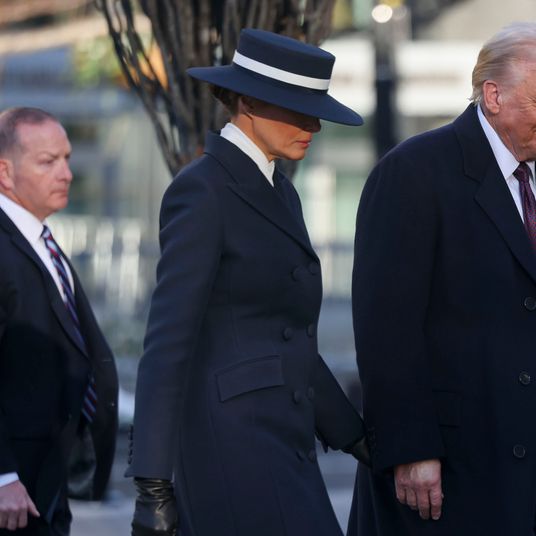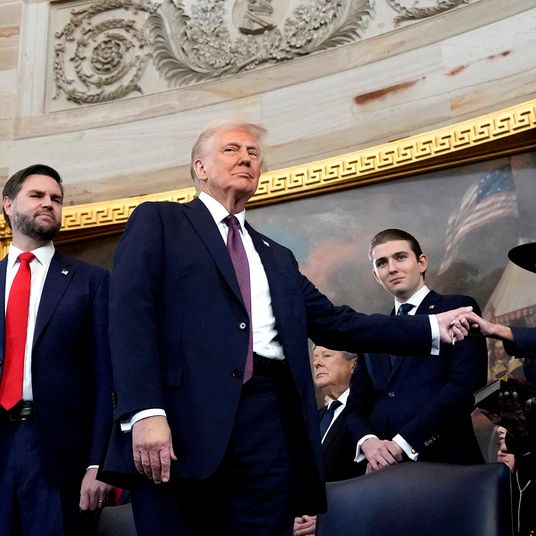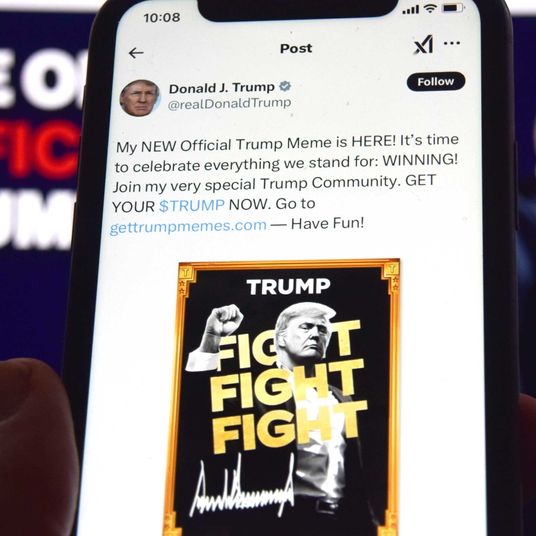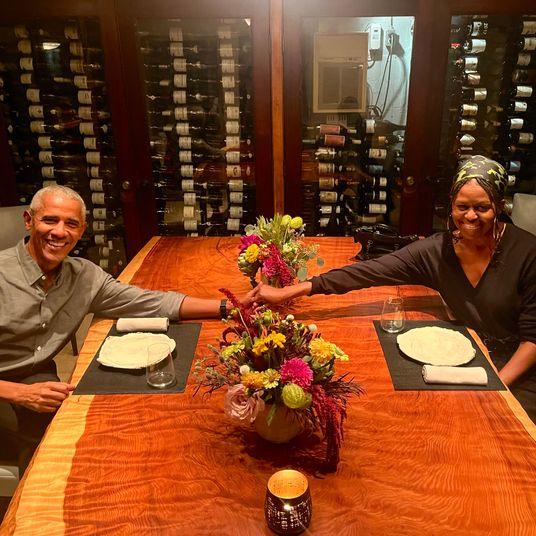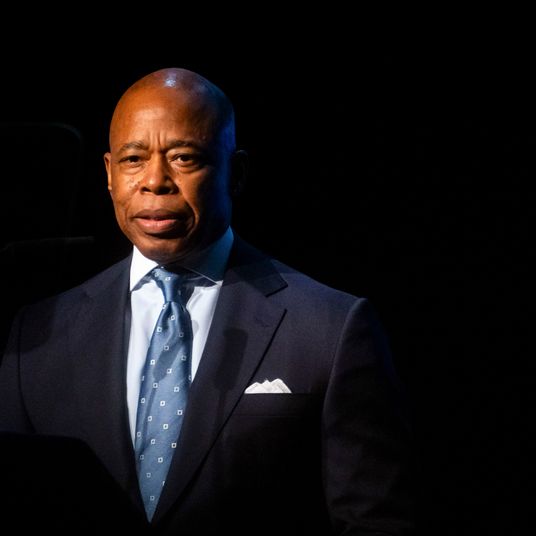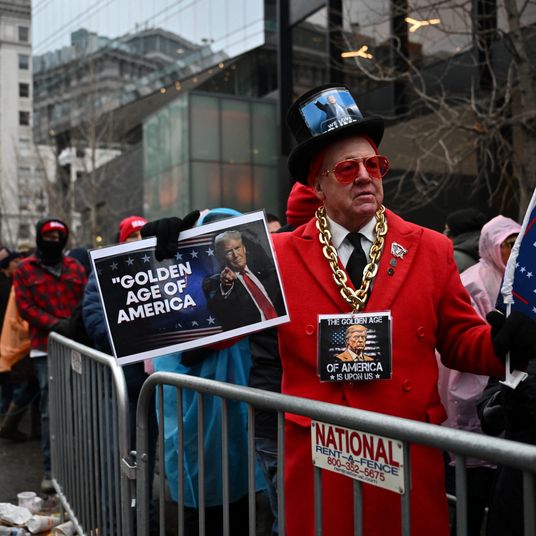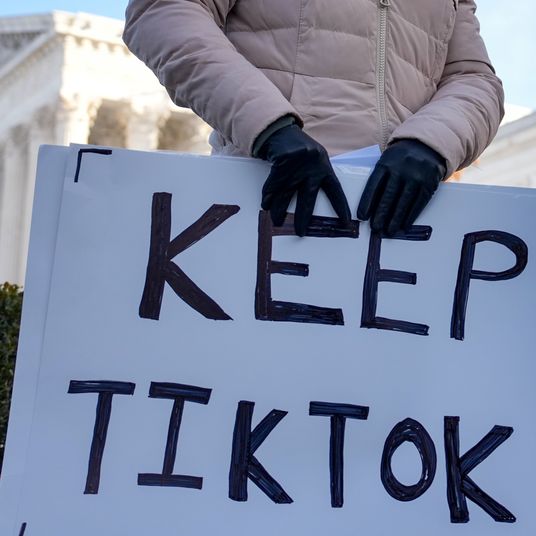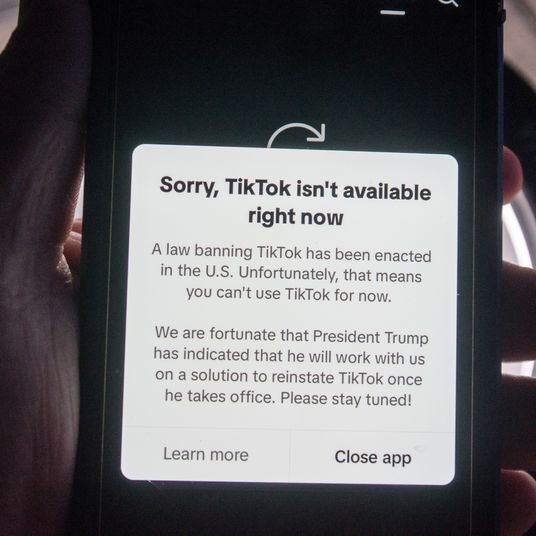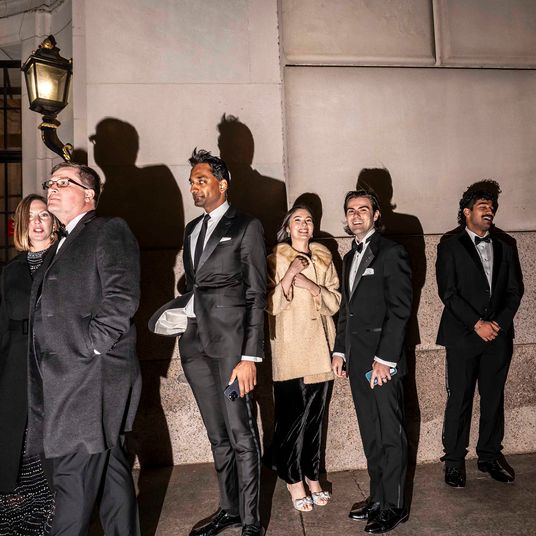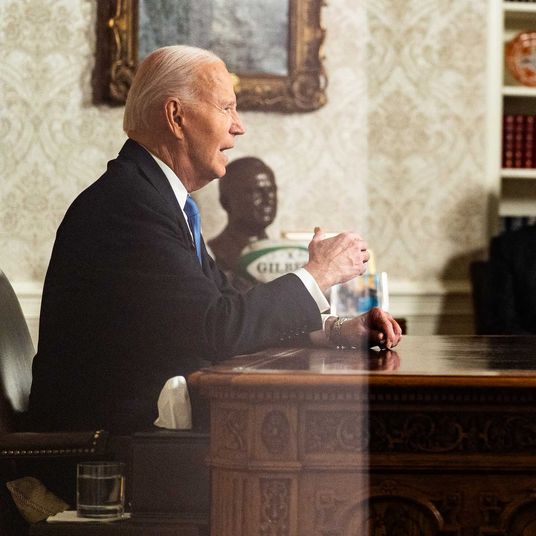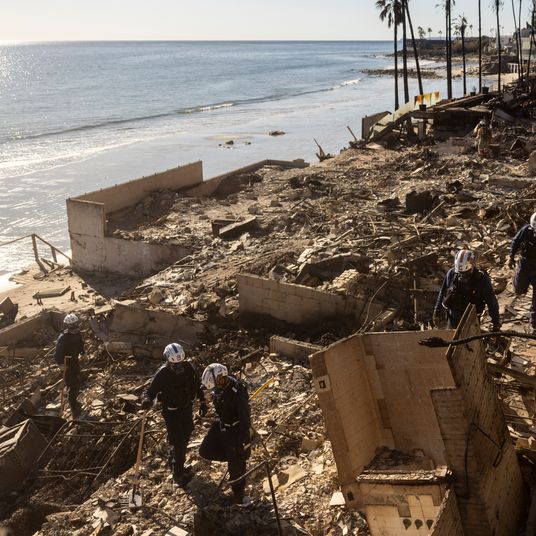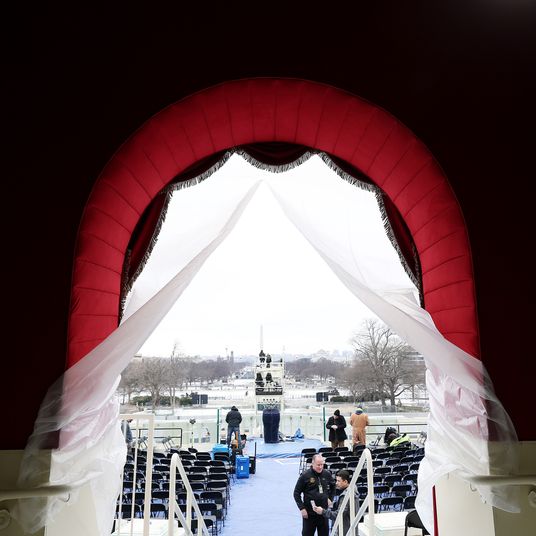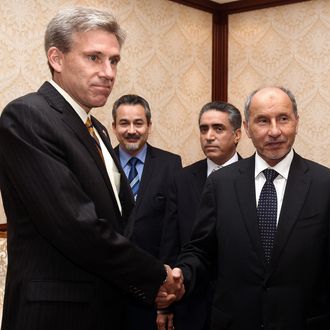
Shortly after protesters in Egypt, angered by an anti-Islamic Internet video created in the U.S., stormed the walls of the American embassy in Cairo, another demonstration at the U.S. consulate in Benghazi, Libya turned violent, killing ambassador Christopher Stevens and three members of his staff. The deaths mark the first for an American ambassador in the line of duty in more than twenty years, the Times reports.
While the attack was initially thought to have stemmed from the demonstrations, intelligence officials now believe that the violence “was planned in advance,” CNN reports, “and the attackers used the protest outside the consulate as a diversion,” although Stevens and his envoy may not have been directly targeted.
The Times adds:
The protesters in Cairo appeared to be a genuinely spontaneous unarmed mob angered by an anti-Islam video said to have been produced in the United States. By contrast, it appeared the attackers in Benghazi were armed with mortars and rocket-propelled grenades. Intelligence reports are inconclusive at this point, officials said, but indications suggest the possibility that an organized group had either been waiting for an opportunity to exploit like the protests over the video or perhaps even generated the protests as a cover for their attack.
Both protests were sparked by news that Florida pastor Terry Jones — known for burning the Koran, hanging President Obama in effigy, and being generally despicable — was marking “International Judge Muhammad Day” (September 11 to the rest of us) by promoting a low-budget film circulating on YouTube that mocks the Muslim prophet.
In Cairo about 2,000 people gathered outside the U.S. embassy and a handful of protesters scaled the walls, burned the American flag, and replaced it with a black flag reading, “There is no god but God, and Muhammad is his prophet.” Meanwhile in Benghazi, a group of several dozen men from the Islamist group Ansar al Sharia attacked the consulate with rocket-propelled grenade, setting it on fire, according to the Wall Street Journal.
“I strongly condemn the outrageous attack on our diplomatic facility in Benghazi, which took the lives of four Americans, including Ambassador Chris Stevens,” President Obama said in a statement. “While the United States rejects efforts to denigrate the religious beliefs of others, we must all unequivocally oppose the kind of senseless violence that took the lives of these public servants. The brave Americans we lost represent the extraordinary service and sacrifices that our civilians make every day around the globe. As we stand united with their families, let us now redouble our own efforts to carry their work forward.”
Secretary Hillary Clinton said in a statement, “We condemn this vicious and violent attack that took their lives, which they had committed to helping the Libyan people reach for a better future.”
The incident took a political turn after the Cairo embassy posted a statement earlier in the day, prior to the attack in Libya, saying it “condemns the continuing efforts by misguided individuals to hurt the religious feelings of Muslims – as we condemn efforts to offend believers of all religions.” This prompted claims that the U.S. was apologizing for anti-Muslim activity in the U.S. rather than condemning the attacks. A White House official told Politico, “The statement by Embassy Cairo was not cleared by Washington and does not reflect the views of the United States government,” yet Romney still pounced on the remark.
“It’s disgraceful that the Obama Administration’s first response was not to condemn attacks on our diplomatic missions, but to sympathize with those who waged the attacks,” Romney said.
The Obama campaign quickly struck back against Romney’s attack, saying, “We are shocked that, at a time when the United States of America is confronting the tragic death of one of our diplomatic officers in Libya, Governor Romney would choose to launch a political attack.”
Politico noted that the Romney campaign initially embargoed the statement until after midnight, hoping to save its critique for September 12, then decided it couldn’t wait around 11 p.m. Republican National Committee Chairman Rance Preibus piled on, with a tweet he may be regretting this morning: “Obama sympathizes with attackers in Egypt. Sad and pathetic.”
Update: “The United States condemns, in the strongest terms, this outrageous and shocking attack,” said President Obama on Wednesday morning. “Make no mistake, we will work with the Libyan government to bring to justice the killers who attacked our people.”
This post has been updated throughout.





